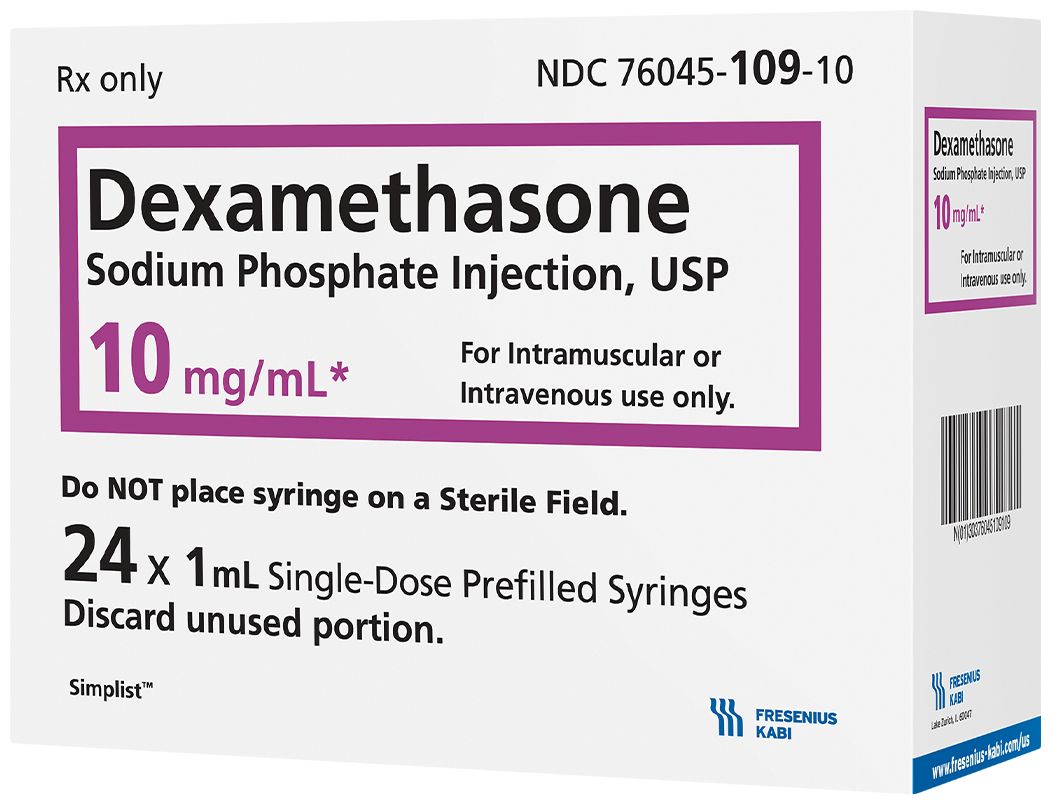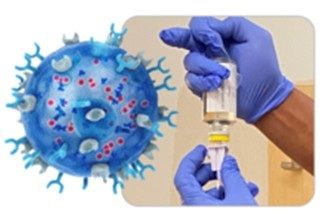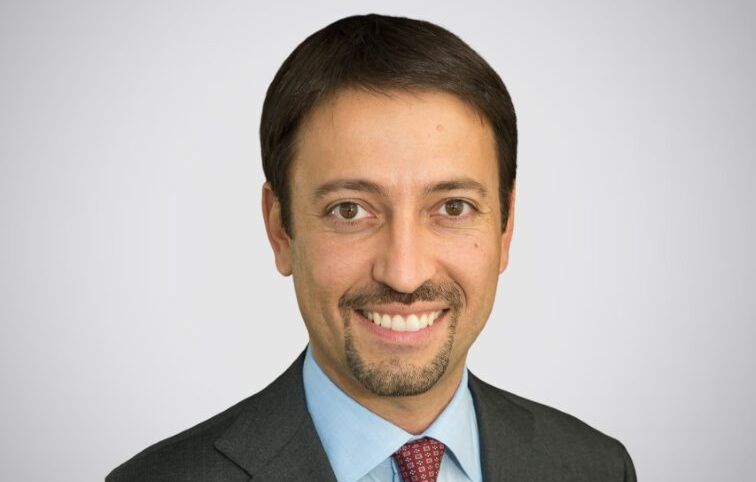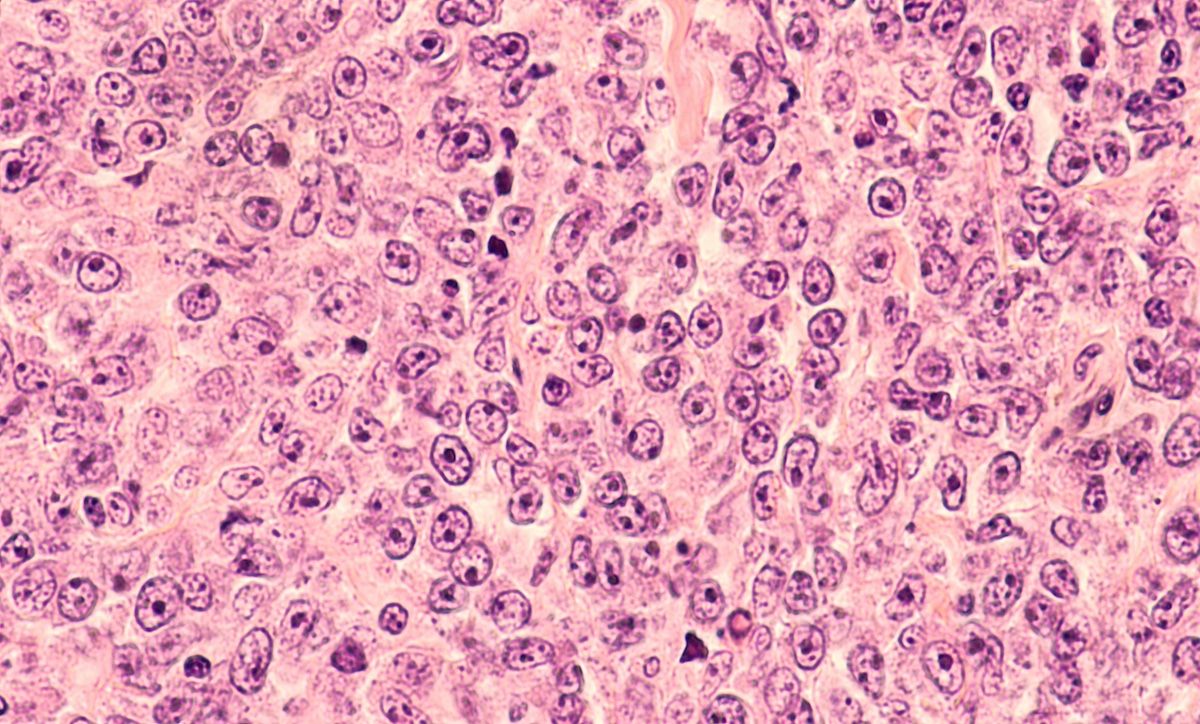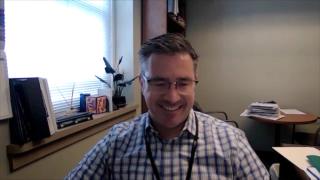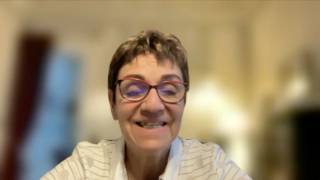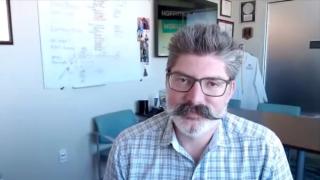
Non-Hodgkin Lymphoma (NHL)
Latest News

The need for at-home caregivers in cancer care is not new. But as therapies improve, the need to care for patients with cancer stretches over longer periods. Today, the rise of advanced cellular therapies asks more of caregivers. One caregiver who has lived it is working on a better solution for other families.
Latest Videos

Podcasts
More News
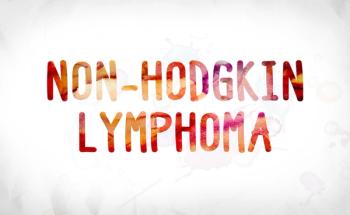
Patients with DLBCL who were treated with R-CHOP and quickly relapsed or were refractory to therapy had poor outcomes on second-line therapy.
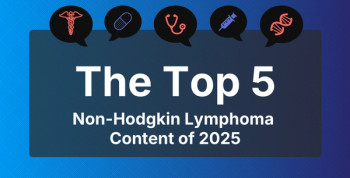
Advancements in 2025 in non-Hodgkin lymphoma treatments focused on bringing CAR T-cell therapy and bispecific antibodies into the community setting.
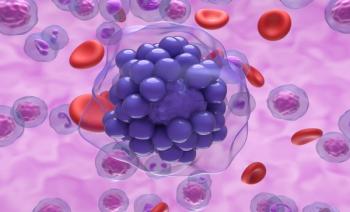
A small set of pre-apheresis biological factors can reliably predict whether patients with DLBCL will achieve the T cell collection efficiency needed for successful CAR T manufacturing
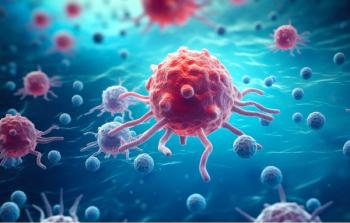
In real-world usage, 97% of cases of cytokine release syndrome following treatment with lisocabtagene maraleucel happened within 15 days of infusion.
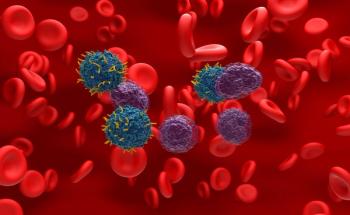
Chimeric antigen receptor T-cell therapies, along with bispecific antibodies, have changed the treatment paradigm for patients with relapsed or refractory mantle cell lymphoma.
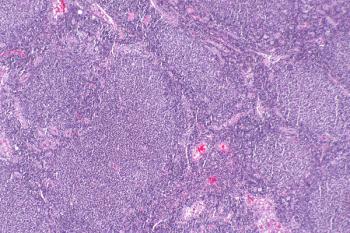
The FDA approved epcoritamab with rituximab and lenalidomide for relapsed follicular lymphoma, offering a promising fixed-duration treatment option for patients after their first relapse.
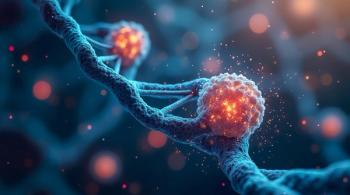
Routine flow cytometry can reliably track chimeric antigen receptor (CAR) T-cell expansion and persistence in aggressive large B-cell lymphoma (LBCL).
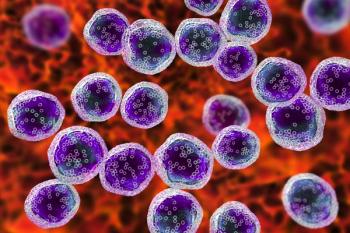
The glofitamab-based regimen displayed manageable safety, with minimal high-grade CRS and infrequent low-grade ICANS, in relapsed/refractory LBCL.

New reporting suggests obesity and diffuse large B-cell lymphoma (DLBCL) have shared genetic risk factors.

Questions remain related to which patients with diffuse large B-cell lymphoma (DLBCL) benefit most from radiotherapy and at what dose.

A targeted therapy combination achieved complete remission in a CAR-positive PTCL patient post-CAR T-cell therapy for multiple myeloma.
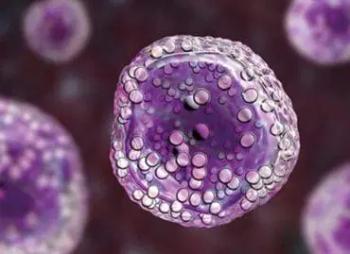
Expanding clinical trial eligibility in slow-developing follicular lymphoma enhances patient access to innovative therapies and addresses healthcare disparities.
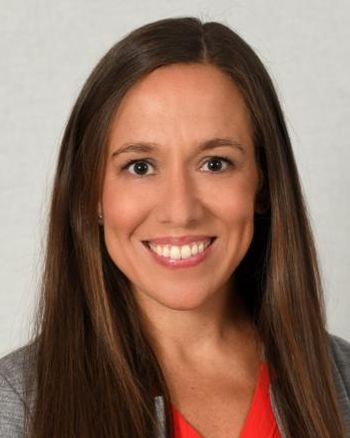
Outpatient treatment with axi-cel shows promising response rates for relapsed large B-cell lymphoma, enhancing accessibility in community oncology settings.

Zanubrutinib shows superior progression-free and overall survival in relapsed mantle cell lymphoma compared with acalabrutinib, according to a new analysis.

BeOne Medicines reveals promising results for sonrotoclax, a next-gen BCL2 inhibitor, in treating relapsed mantle cell lymphoma, addressing critical patient needs.
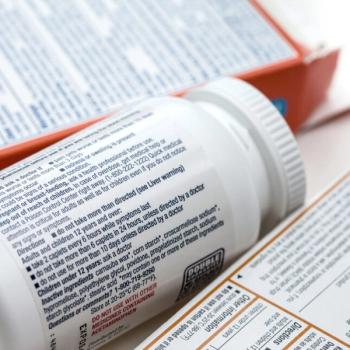
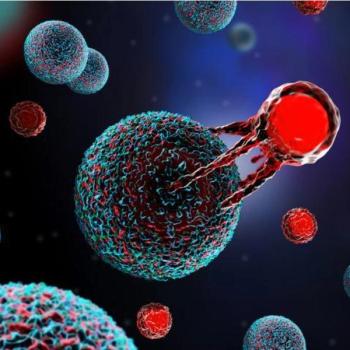
In vivo CAR T-cell therapies promise to revolutionize cancer treatment, enhancing access and reducing costs while addressing financial toxicity and logistical barriers.
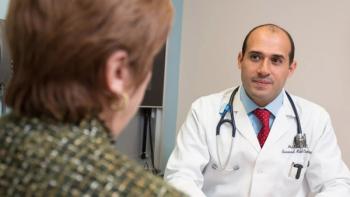
Study reveals one-third of mantle cell lymphoma patients in a study at leading cancer centers experienced disease progression after CAR T-cell therapy, highlighting treatment challenges and outcomes.
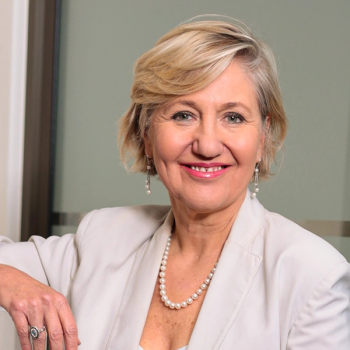
ImmunityBio's study reveals promising results for chemotherapy-free CD19 CAR NK cell therapy in treating Waldenström macroglobulinemia, offering hope for patients.
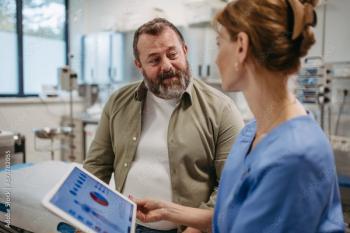
Researchers at Sylvester Comprehensive Cancer Center reveal how body composition analysis predicts treatment response in diffuse large B-cell lymphoma (DLBCL), enhancing precision medicine strategies.
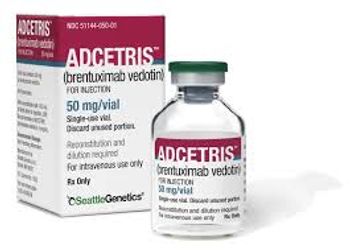
Brentuximab vedotin combined with cyclophosphamide, doxorubicin, and prednisone (CHP) shows promising results as a first-line treatment in newly diagnosed peripheral T-cell lymphoma (PTCL).

The FDA determined the data from STARGLO did not provide sufficient evidence to support approving glofitamab-gxbm (Columvi) in combination with gemcitabine and oxaliplatin to treat relapsed/refractory diffuse large B-cell lymphoma (DLBCL).
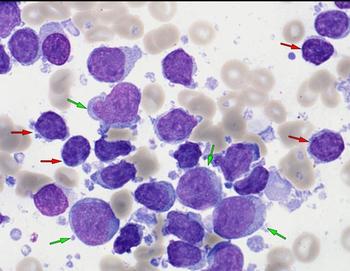
Real-world analysis reveals that undetectable CD20 expression worsens outcomes for patients treated with epcoritamab and glofitamab bispecific antibodies for their diffuse large B-cell lymphoma (DLBCL).
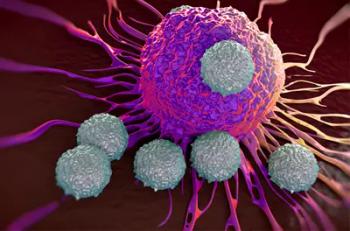
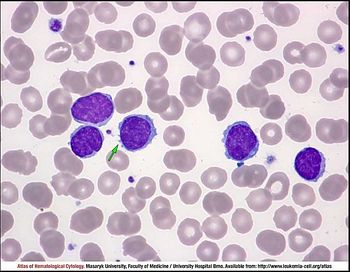
In a cohort of TRANSCEND FL, the chimeric antigen receptor T-cell therapy liso-cel showed a 95% overall response rate in relapsed marginal zone lymphoma, offering hope for improved patient outcomes in challenging cases.
